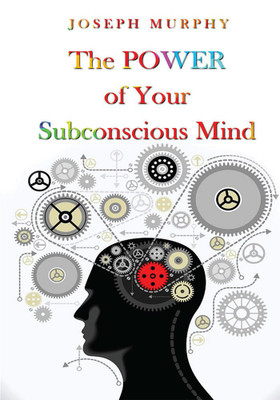
Jinnah (English, Hardcover, Ahmed Ishtiaq)
Share
Jinnah (English, Hardcover, Ahmed Ishtiaq)
4.7
32 Ratings & 5 Reviews₹1,291
₹1,399
7% off
Coupons for you
T&C
Available offers
T&C
T&C
T&C
Delivery
Check
Enter pincode
Delivery by17 Jul, Thursday
?
if ordered before 3:59 AM
View Details
Highlights
- Language: English
- Binding: Hardcover
- Publisher: Penguin Random House India
- Genre: Biography & Autobiography
- ISBN: 9780670090525, 0670090522
- Pages: 840
Services
- Cash on Delivery available?
Seller
Description
Mohammad Ali Jinnah has been both celebrated and reviled for his role in the Partition of India, and the controversies surrounding his actions have only increased in the seven decades and more since his death. Ishtiaq Ahmed places Jinnah's actions under intense scrutiny to ascertain the Quaid-i-Azam's successes and failures and the meaning and significance of his legacy. Using a wealth of contemporary records and archival material, Dr Ahmed traces Jinnah's journey from Indian nationalist to Muslim communitarian, and from a Muslim nationalist to, finally, Pakistan's all-powerful head of state. How did the ambassador of Hindu-Muslim unity become the inflexible votary of the two-nation theory? Did Jinnah envision Pakistan as a theocratic state? What was his position on Gandhi and federalism? Asking these crucial questions against the backdrop of the turbulent struggle against colonialism, this book is a path-breaking examination of one of the most controversial figures of the twentieth century.
Read More
Specifications
Book Details
| Imprint |
|
Dimensions
| Height |
|
| Length |
|
Ratings & Reviews
4.7
★
32 Ratings &
5 Reviews
- 5★
- 4★
- 3★
- 2★
- 1★
- 25
- 5
- 1
- 0
- 1
4
Nice product
Although Ishtiaq Ahmed tried to be very unbiased in his approach yet at times he becomes a victim of those unfounded leftist tropes and stereotypes of Indian history and society that are currently being scrutinised for their veracity ...for instance the belief in Aryan invasion nonsense. Historians are not scientists and hence their works at best should be taken with a fistful of salt. Basically, the whole exercise is a storytelling of events and it is natural that individuals colour the even...
READ MOREVeena Dutt
Certified Buyer, Apra
Dec, 2022
2
1
Report Abuse
1
Absolute rubbish!
A good collection of events but interpretation is totally biased and very superficial.Does not touch the truth.
READ MORERajeev Tyagi
Certified Buyer, Lucknow
Jun, 2023
0
0
Report Abuse
5
Worth every penny
A very well researched book .
READ MOREAritra Mondal
Certified Buyer, Panihati
Mar, 2023
0
0
Report Abuse
5
Fabulous!
Must read for an Indian nationalist to know the truth.
READ MOREViraj Morabia
Certified Buyer, Kalyan
Nov, 2022
0
1
Report Abuse
5
Brilliant
interesting
READ MOREDr Kunal Pan
Certified Buyer, Kharagpur
Feb, 2021
0
0
Report Abuse
+
All 5 reviews
Be the first to ask about this product
Safe and Secure Payments.Easy returns.100% Authentic products.
Back to top






